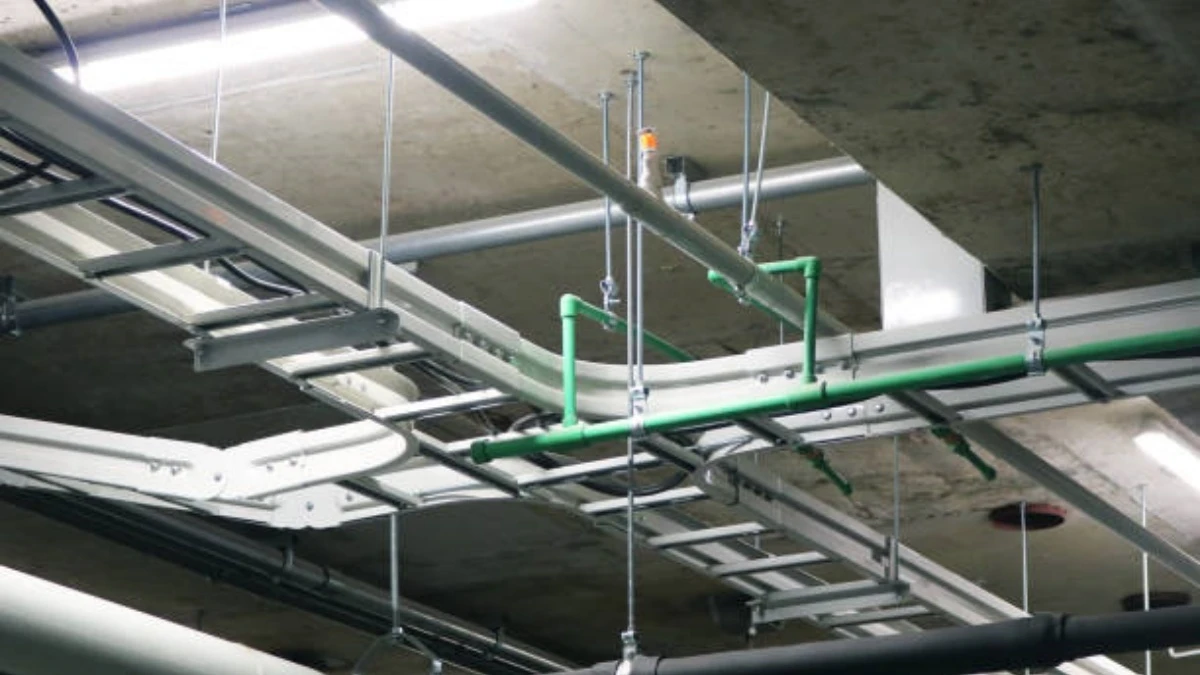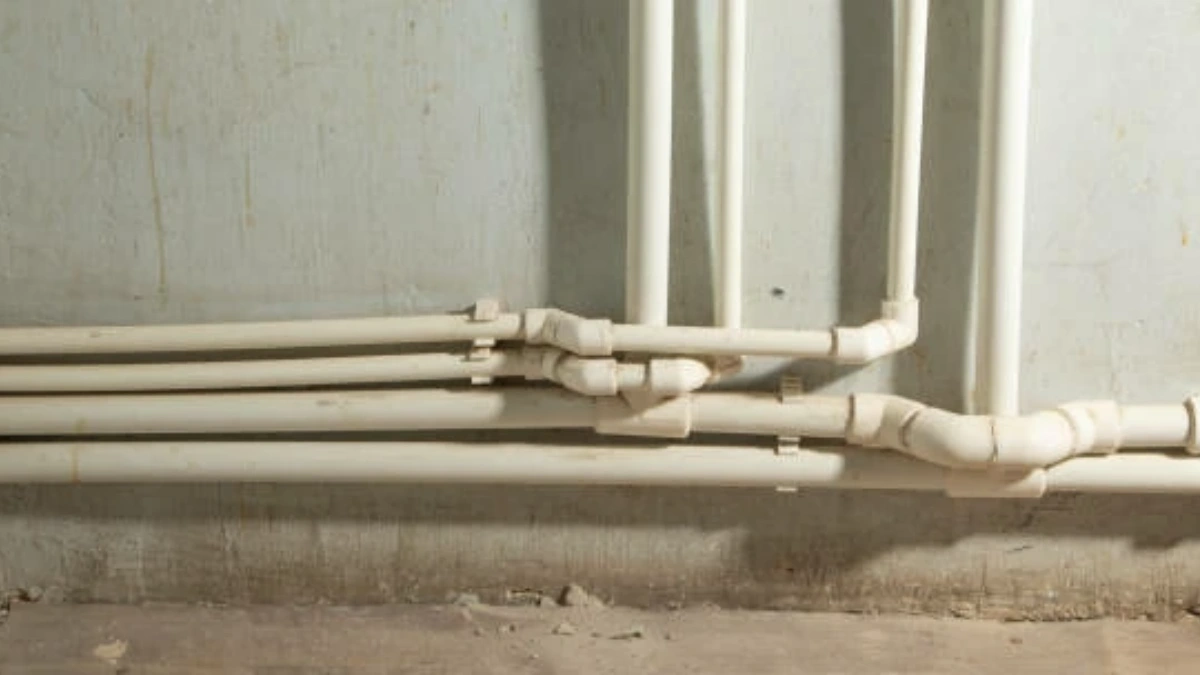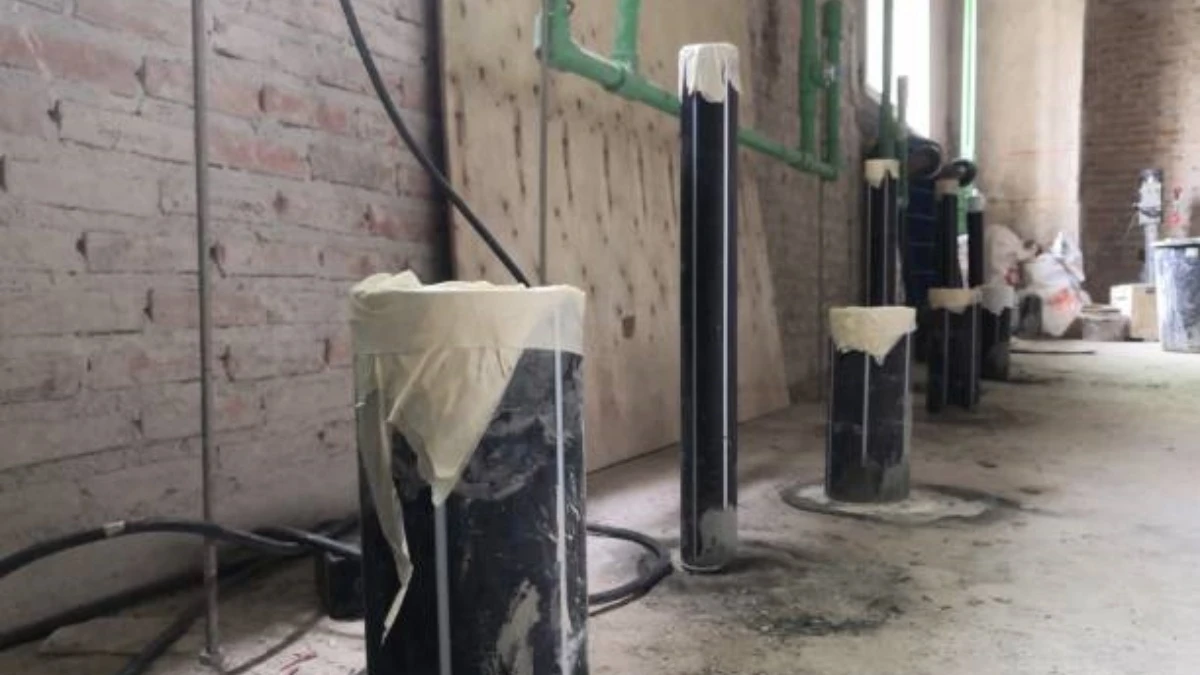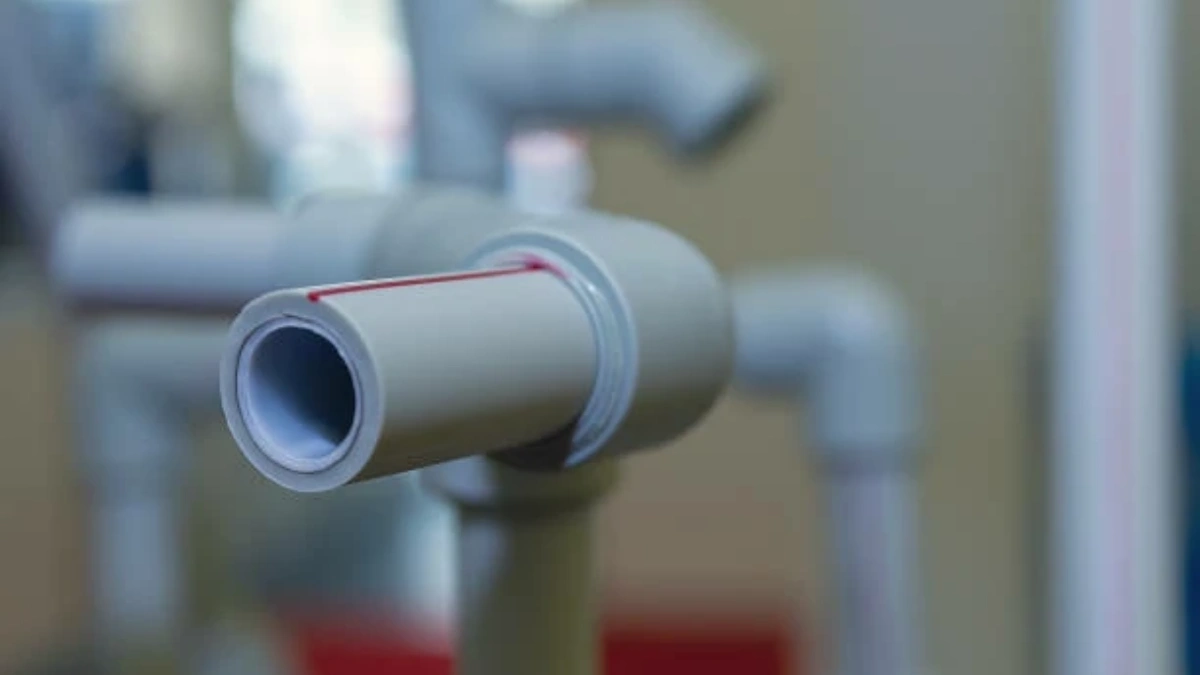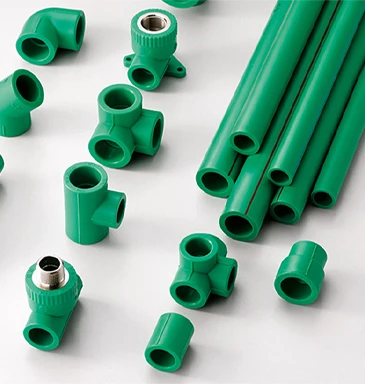The new Unit 3 reactor at Plant Vogtle, a critical part of Georgia’s growing energy infrastructure, has successfully returned to operation after a recent outage caused by a valve issue. This incident, which temporarily halted operations at the plant, has sparked significant discussions surrounding the reliability of nuclear energy facilities and the importance of maintenance for complex systems like reactors.
In this article, we explore the details of the outage, the cause of the valve issue, the steps taken to resolve the problem, and the implications for the plant’s operations and energy supply in Georgia. We also look at the broader impact of valve issues on nuclear power plants and the industry’s response to such challenges.
What Happened at Vogtle Unit 3?
Plant Vogtle, located in Waynesboro, Georgia, is one of the key nuclear power plants in the United States. It is known for its ambitious expansion project, which includes the addition of two new reactors: Unit 3 and Unit 4. The outage of Unit 3, however, was caused by an unexpected valve issue in one of the critical systems designed to manage coolant flow within the reactor.
The Valve Issue and Its Impact
A valve malfunction occurred within the coolant system, which is responsible for transferring heat away from the reactor core. This failure resulted in a temporary shutdown of Unit 3, as the plant’s safety protocols automatically kicked in to prevent any further issues.
The valve, designed to regulate the flow of coolant, failed to operate as expected, disrupting the system’s ability to maintain the necessary temperature conditions for safe reactor operation. While the issue was isolate and did not cause any immediate safety risks, it triggered a series of checks and corrective measures that delayed the plant’s return to full capacity.
Key Facts of the Incident:
- Outage Duration: The reactor was offline for approximately five days while technicians worked to fix the valve issue and perform necessary inspections.
- Cause: The malfunctioning valve, which had become stuck in the closed position, was found to be the primary cause of the outage.
- Outcome: After addressing the valve issue, the reactor was successfully restart and brought back online, resuming its contribution to the energy grid.
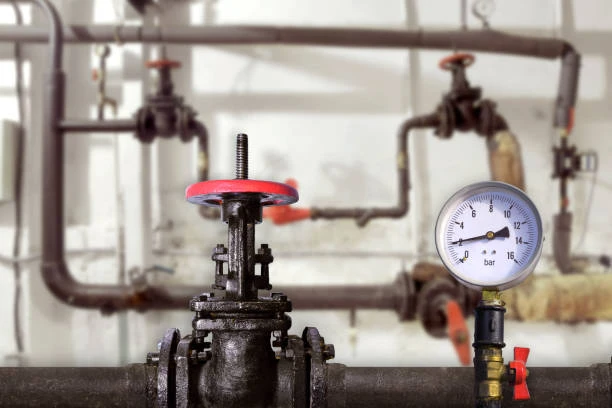
The Role of Valves in Nuclear Reactors
Valves are integral components in nuclear power plants. Which particularly in systems that manage the flow of coolant and control pressure levels within reactors. These components help ensure that reactors operate within safe temperature ranges and prevent overheating. Which could lead to serious safety risks.
Types of Valves in Nuclear Power Plants
- Control Valves: These are useful to regulate the flow of coolant and steam within the reactor, maintaining optimal temperatures.
- Relief Valves: In case of overpressure situations, relief valves are design to release pressure and protect the reactor from potential damage.
- Isolation Valves: These valves can shut off the flow of materials in specific sections of the plant to prevent leaks or contamination.
How Valve Issues Affect Reactor Operation
A valve issue in a nuclear reactor is a critical event that requires immediate attention. If valves malfunction, they can cause cooling systems to fail, which in turn can lead to dangerous conditions. In this case, the issue was quickly resolve without any significant consequences. But the potential for a valve malfunction to escalate is a serious concern in nuclear operations.
Resolving the Valve Issue at Vogtle Unit 3
Once the valve issue was identified, the team at Plant Vogtle acted swiftly to assess the extent of the problem and restore the reactor to normal operation.
Steps Taken to Resolve the Problem:
- Shutdown Procedure: The reactor was safely shut down following the valve malfunction, ensuring that no further damage would occur.
- Valve Inspection and Repair: Technicians thoroughly inspect the affected valve and discovered that it was stuck in a closed position. The valve was repair and replaced as necessary.
- System Check: After the valve was repair, a comprehensive check of the reactor’s cooling system was perform to ensure everything was functioning as it should.
- Restarting the Reactor: After confirming that the system was stable, the reactor was safely restart .And it returned to normal operation within five days.
The swift resolution of the issue underscores the importance of proper maintenance and the reliability of the plant’s systems.
Importance of Maintenance and Reliability
While the valve issue at Plant Vogtle was resolved quickly, it highlights the ongoing importance of regular maintenance, inspections, and system upgrades in preventing unplan outages and ensuring the safe operation of nuclear reactors.
Preventive Maintenance in Nuclear Power Plants
Regular preventive maintenance plays a critical role in ensuring that reactors run safely and efficiently. Given the complexity of nuclear reactors and their associated systems, maintenance routines need to be rigorous, and components like valves must be monitored closely to identify any potential issues before they cause problems.
For example, valve malfunctions can often be avoid through routine inspections. Where technicians check for signs of wear and tear, corrosion, or any obstructions that may impede their operation. By addressing these issues early, plants can avoid costly downtimes and ensure uninterrupted power generation.
Investing in Advanced Monitoring Technology
Many nuclear power plants, including Plant Vogtle, are investing in advanced monitoring technologies to enhance the reliability of their systems. These technologies can detect problems like valve malfunctions in real-time. Which providing operators with the ability to address issues before they escalate into more significant problems.
The Impact of the Outage on Energy Supply
The brief outage at Vogtle Unit 3 did not significantly affect the overall energy supply in Georgia, as the state’s power grid relies on a mix of energy sources, including natural gas, renewables, and nuclear power. However, the incident did underscore the critical role that nuclear energy plays in providing a stable and consistent source of power for the region.
Energy Supply Stability
Nuclear reactors like the one at Plant Vogtle provide a significant portion of the state’s electricity. Because nuclear energy plants operate continuously, they are a reliable source of base-load power. Which meaning they generate a consistent supply of electricity regardless of weather conditions or fluctuating demand.
While renewable energy sources like wind and solar are growing in importance. Which nuclear energy remains a key part of the energy mix in Georgia and other regions. The quick return of Vogtle Unit 3 to the grid helped maintain stability during the short outage.
Lessons Learned and Future Outlook
The valve issue at Vogtle Unit 3 serves as a reminder of the importance of maintaining aging infrastructure. Which even in newer plants, and the need for robust preventive measures. The incident was a relatively minor issue in terms of the overall impact, but it highlights the complexity of running nuclear power plants and the vital role that every component, from valves to control systems, plays in the overall safety and efficiency of the facility.
Looking ahead, Plant Vogtle plans to continue its rigorous maintenance schedule and invest in advanced technologies to ensure its reactors operate smoothly. Additionally, lessons learned from this incident will be incorporate into future training and preventive measures to ensure the continue reliability of the plant.
Conclusion
The recent valve issue at Plant Vogtle’s Unit 3 reactor, though unfortunate, was resolve quickly and without major consequences. This incident demonstrates the critical role of regular maintenance and the need for constant vigilance in managing nuclear energy facilities. By addressing the problem swiftly, the plant was able to resume operations and continue providing reliable power to the Georgia region.
For nuclear energy to remain a safe and sustainable part of the energy mix, operators must continue investing in infrastructure, maintenance, and technology that ensure reactors run safely and efficiently.
FAQs About Valve Issues in Nuclear Power Plants
1. What is a valve issue in a nuclear reactor?
A valve issue in a nuclear reactor refers to a malfunction or failure in one of the valves that control the flow of coolant or other essential fluids. This can disrupt the cooling system and, in severe cases, lead to unsafe operating conditions.
2. How do nuclear reactors handle valve failures?
Nuclear reactors are equip with multiple safety systems that automatically shut down the reactor in the event of a valve failure. Which preventing any dangerous situations from arising. Technicians quickly assess and repair the malfunctioning valve.
3. What caused the valve issue at Plant Vogtle?
The issue at Plant Vogtle was cause by a valve becoming stuck in a close position. Which disrupting the coolant flow and triggering a safe shutdown of the reactor.
4. How long does it take to fix a valve issue in a nuclear reactor?
The time required to fix a valve issue can vary depending on the severity of the problem. In the case of Vogtle Unit 3, the reactor was offline for five days while the issue was resolve.
5. How does a valve failure affect nuclear reactor safety?
A valve failure can compromise the cooling system, which is vital for maintaining safe temperatures in the reactor. However, reactors are design with backup safety systems that automatically shut down the reactor to prevent further issues.








